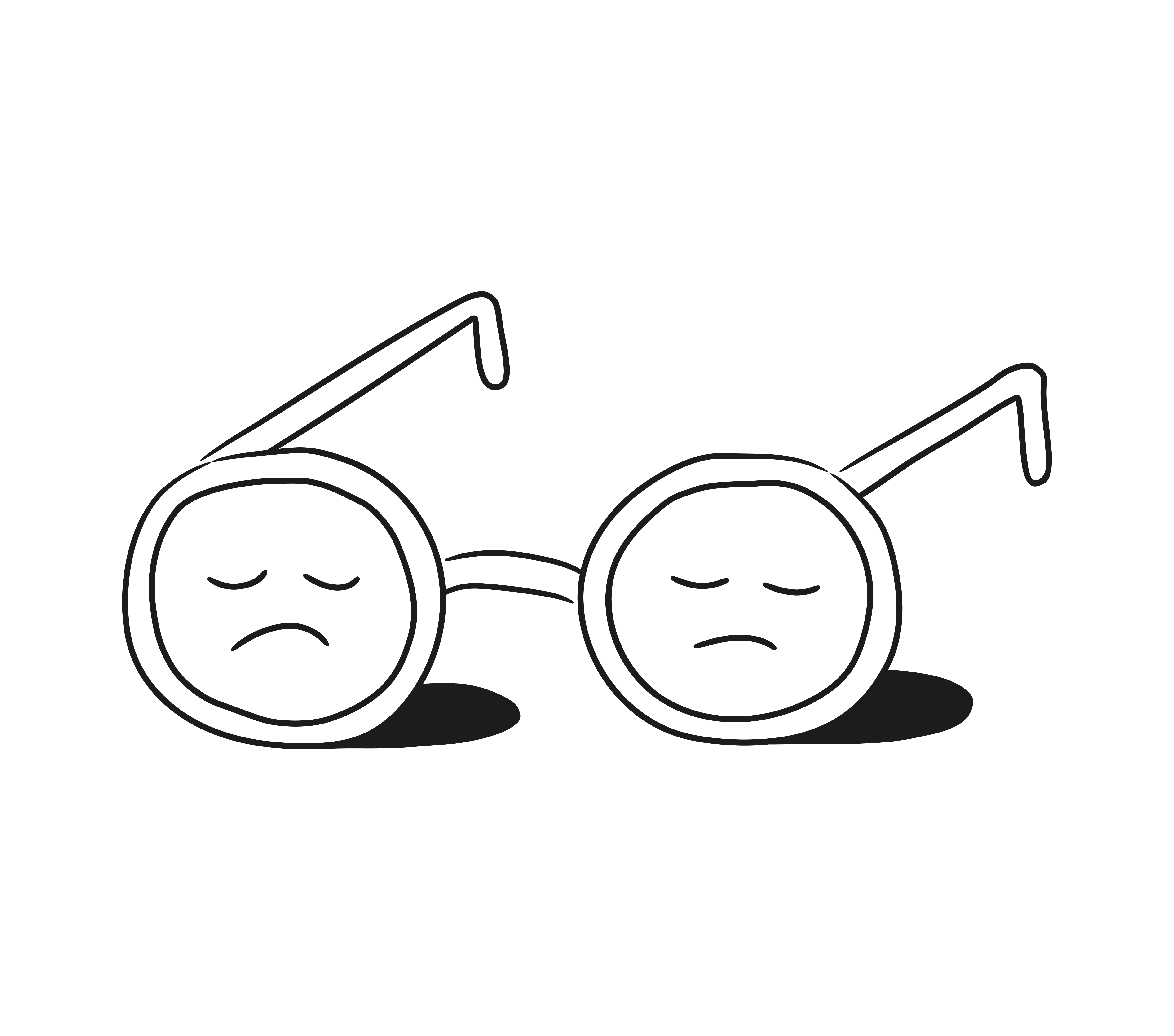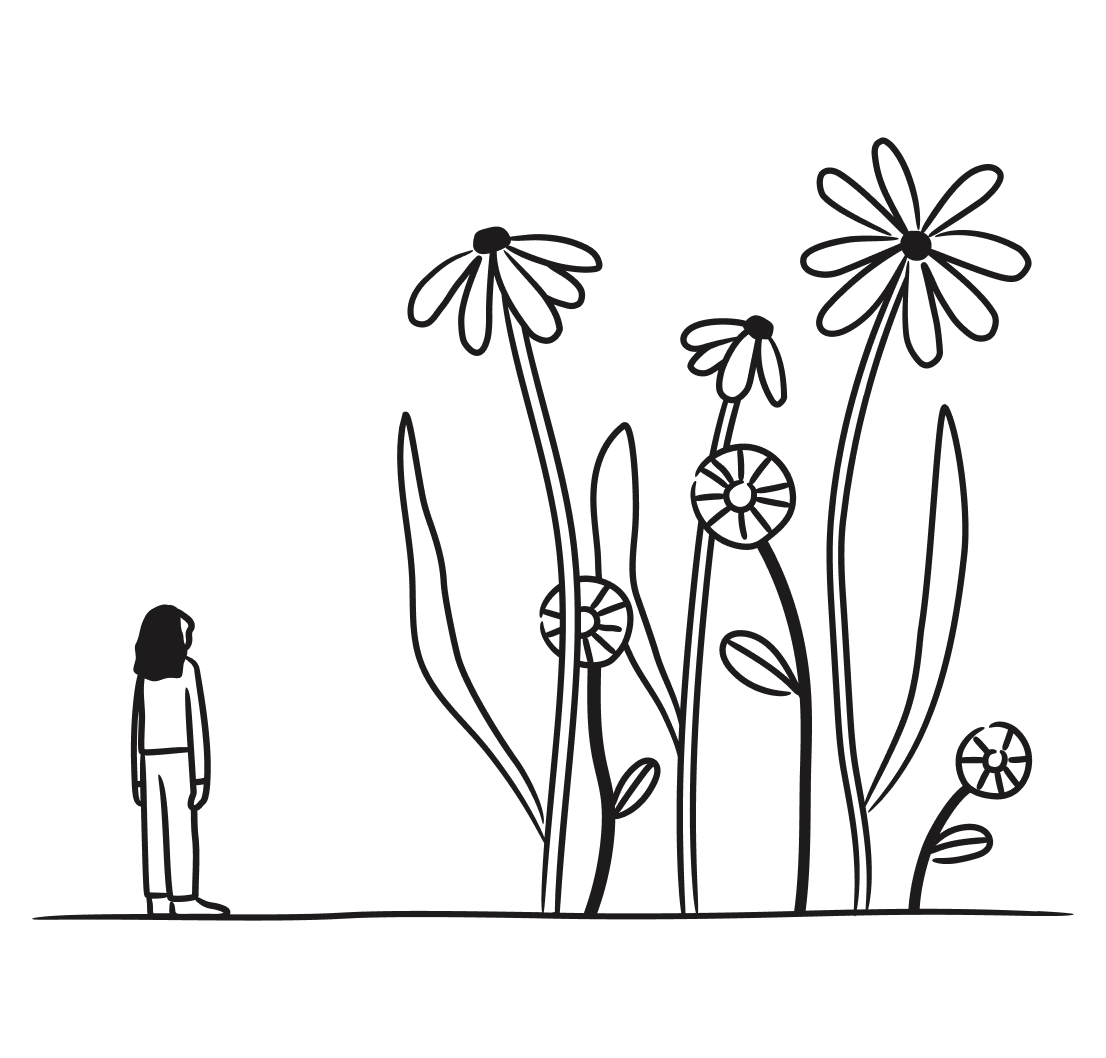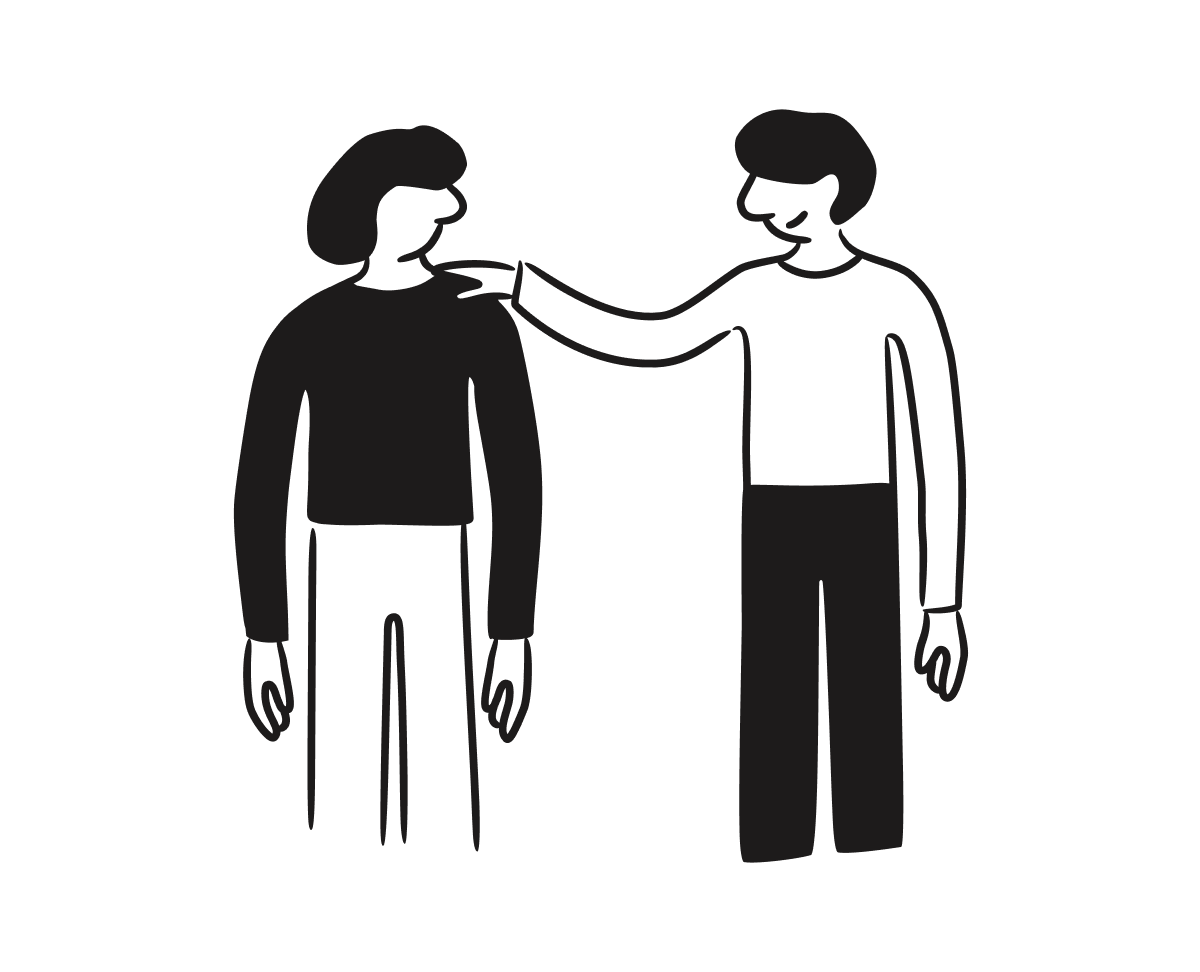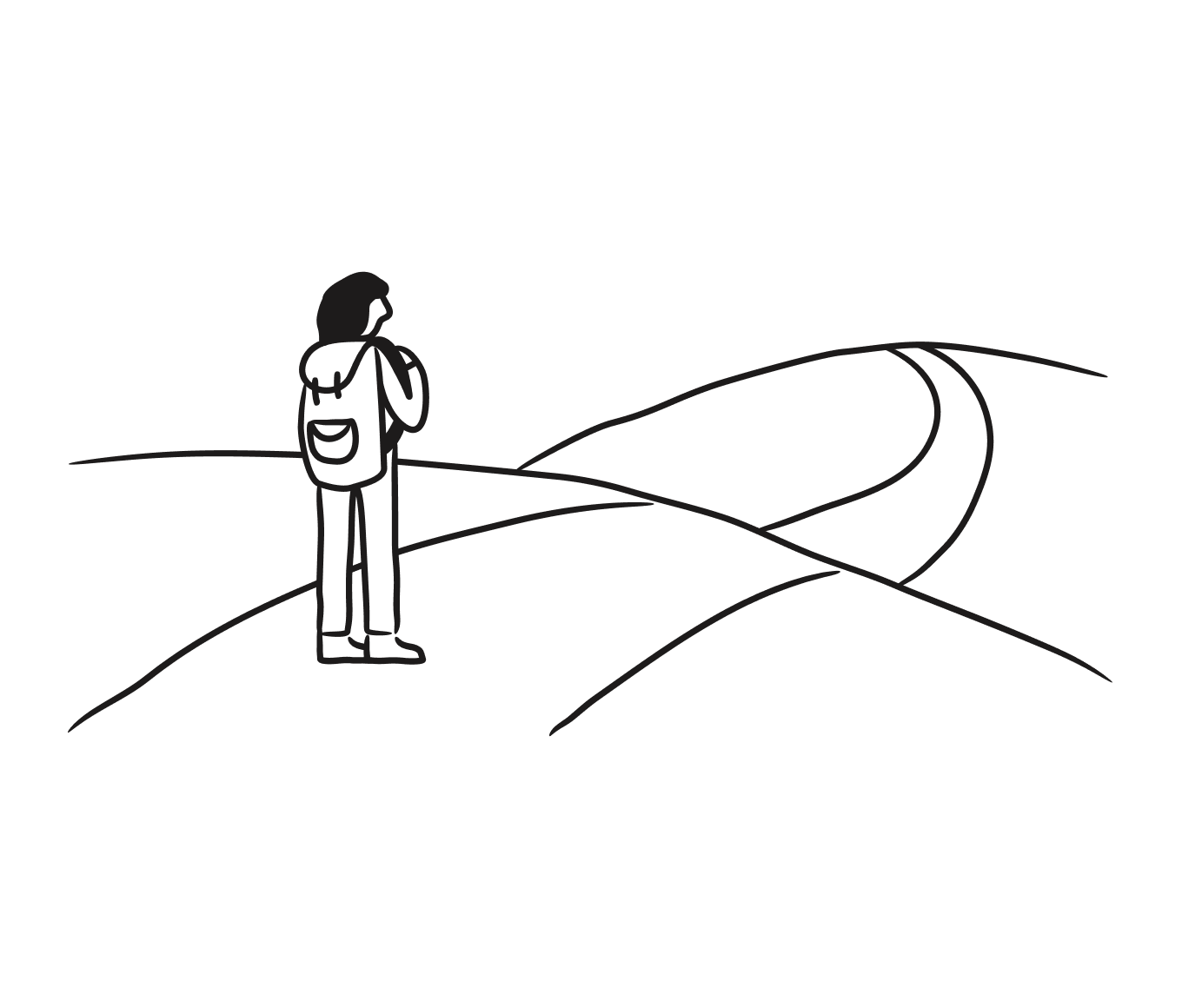Loneliness and mental health
We can all feel lonely from time to time, and everyone’s experience of loneliness is personal to them. You may feel lonely every now and then, or all the time.


The difference between being ‘alone’ and ‘lonely’
Feeling lonely doesn’t mean being physically alone, it means feeling alone, and being physically alone doesn’t necessarily mean that a person is lonely.
Loneliness can be triggered by several reasons, some more obvious than others. Perhaps you’ve moved school or changed job, you work remotely and/ or live by yourself or being by yourself after the end of a relationship or the loss of a partner. Other life changes like living with a long-term condition, spending time in hospital, being on maternity leave with a newborn, or being a full-time caregiver can contribute to feelings of loneliness. These can manifest themselves in different ways:
- Emotional loneliness - not having close connections with others.
- Social loneliness - feeling like you don’t have friends to spend time with.
- Existential loneliness - feeling like you’re surrounded by people but still feel alone.
While loneliness isn’t a mental health condition, the two can impact each other. Loneliness can contribute to mental health issues, such as low mood, low self-esteem and depression, while mental health issues can increase feelings of isolation and cause us to withdraw.
Supporting your well-being

Spend time outside
Get some fresh air, go for a walk if you’re able to, and if you feel up to it, join a club, or an online group.

Take one day at a time
Instead of worrying about the future, focus on the small details around you when you're out, especially in nature.

Fill up your diary
Schedule in everything you plan – and keep the commitment no matter how you’re feeling.

Talk to someone you can trust
Talk to someone you trust about your feelings, like a family member or a friend. You can also consider reaching out to GP or a therapist, who will be able to support you with your feelings.
Support with Mindler
Mindler (previously ieso) treats a range of common mental health issues including anxiety and worry, depression, post-traumatic stress disorder, obsessive compulsive disorder, phobias, sleep problems, and stress. Online therapy can be especially useful for those who are unable to travel or find it harder to leave the house because sessions take place online from the comfort of your home, from your smart phone or tablet, or anywhere where you connect to the internet.
If you’re experiencing difficulties, it’s important to speak with your GP first. They will be able to talk you through different support options suitable for your needs. One of the things they might suggest is cognitive behavioural therapy (CBT) which helps you to manage your feelings by changing the way that you think and behave.

What we treat
From trouble sleeping to anxiety to depression, mental health conditions can affect many of us in different ways. Mindler clinicians treat a range of common mental health symptoms.
Where to get urgent help

Support is available if you or someone you know is having a mental health crisis or emergency, no matter what you're going through.
If you or someone you know is having a mental health crisis, you can get urgent support here
Or speak to your GP or a mental health professional. Let them know about the symptoms you’re experiencing, and they can support you with what help is available.









